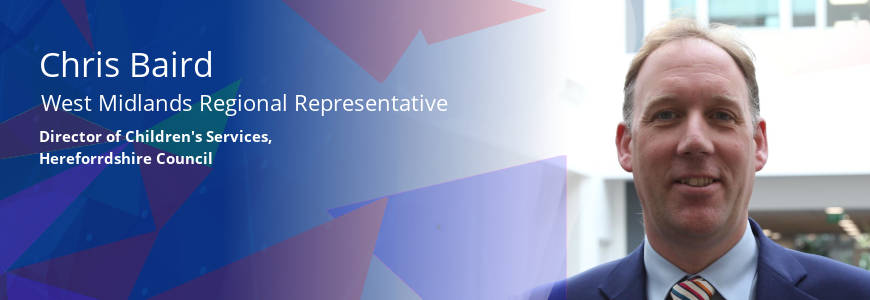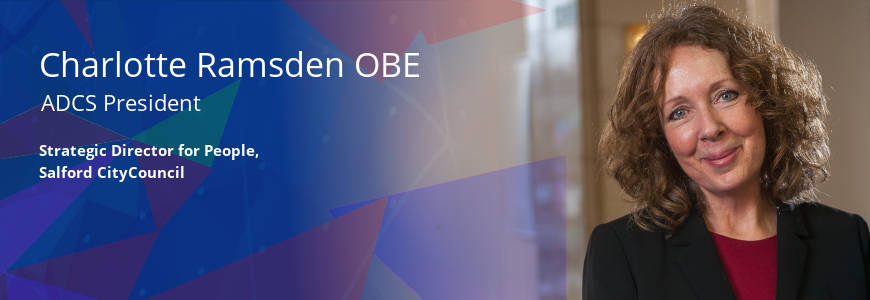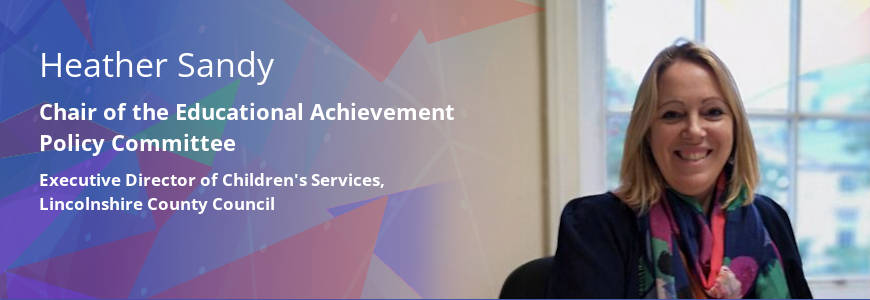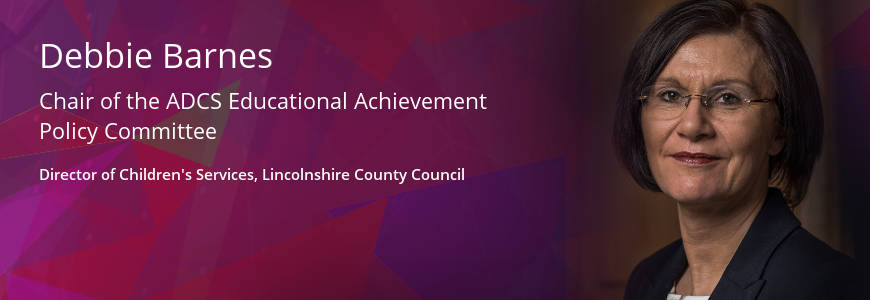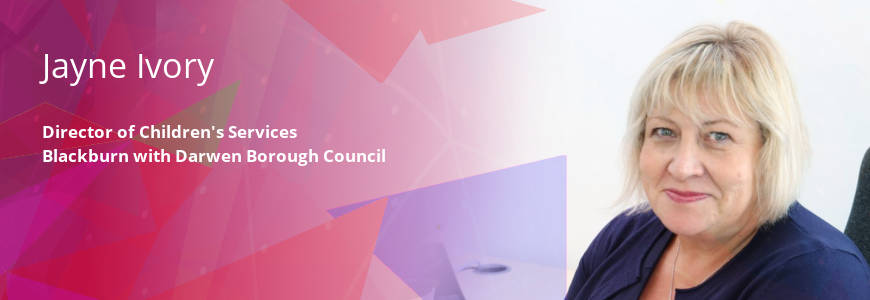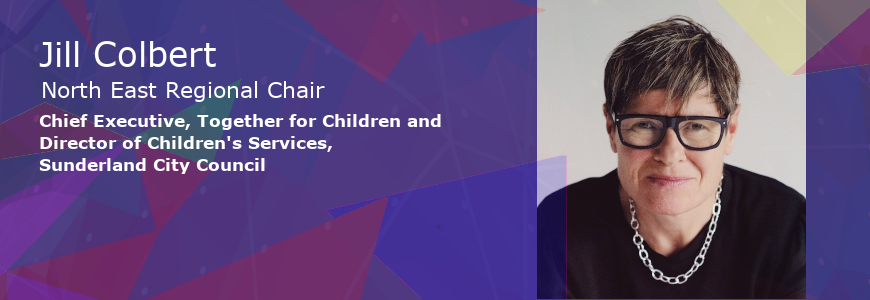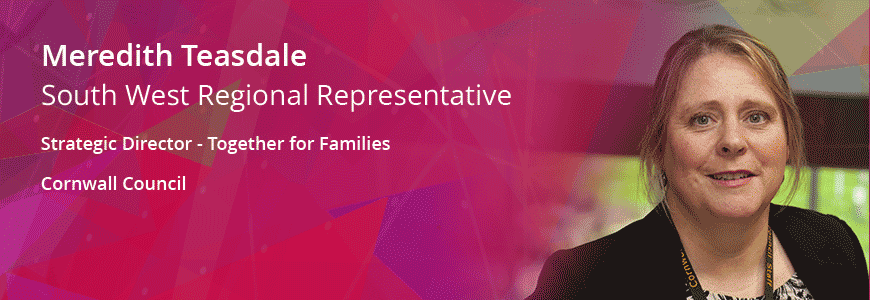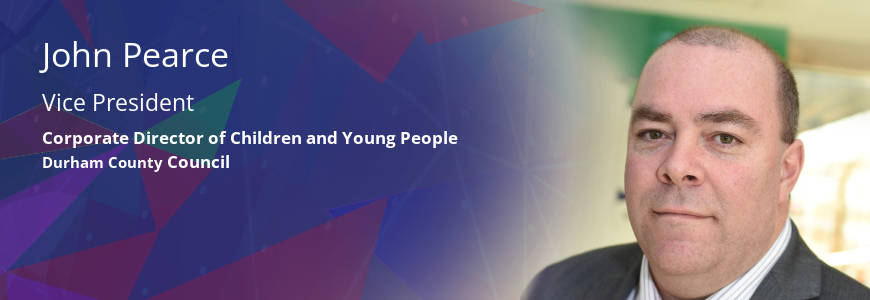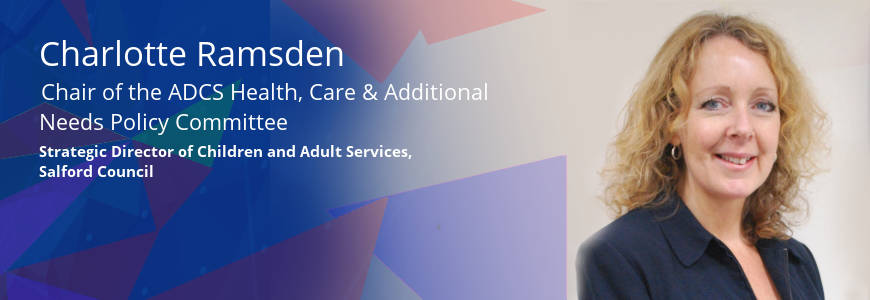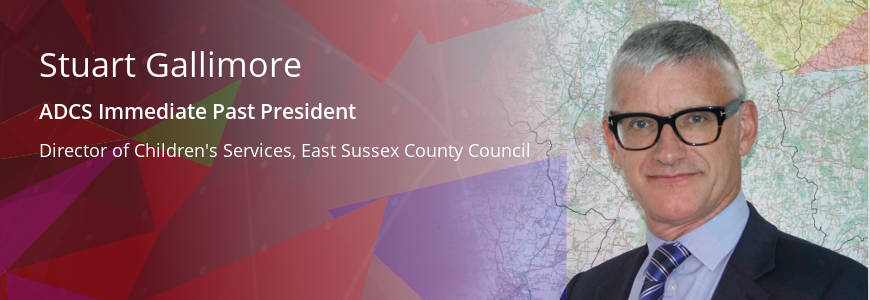The moral imperative
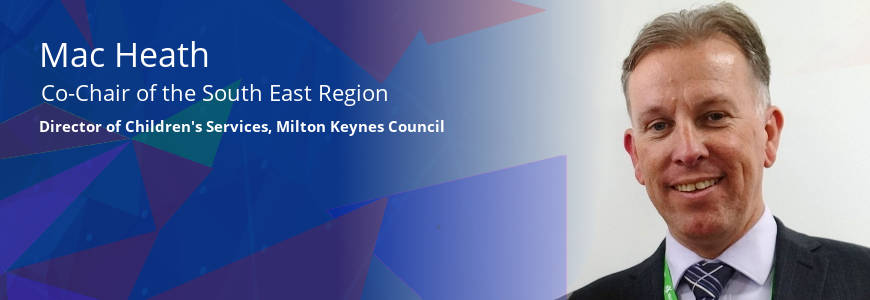
As I write, I have just completed my “Poll Station Inspector” training in preparation my role in the local government elections this week. By the time this blog will have been published, voting will be done, most counting undertaken, and many changes communicated. Followed, naturally, by the resultant commentary giving reflections and insights as to the outcomes, dependent of course upon the position of the individual being interviewed. I feel particularly privileged that for my last six years as Director of Children’s Services to have worked with the same cabinet member, who has decided it’s the right time to retire after such dedication and commitment to children and young people. She will be missed!
It feels incongruous at times to be promoting the importance of consistency and stability in our workforce, and in children’s lives, whilst us all managing and leading services within such a constant maelstrom of change. Whether these be changes in the legal and policy landscape that inform our work, the level of resources available to us, or in the political governance that influences our approaches. However, within this there continues to be a clear imperative that, as leaders across our children’s services system, we are overt in those things we consider should be immutable, despite the changing context in which we operate.
Having recently been subject to an Area SEND inspection by Ofsted and CQC, the importance of being clear on what we believe to be right, whilst being subject to a range of differing views, seemed more important than ever. As leaders, we know that if we are to get the best outcomes for the children and families with whom we work, we often need to compromise and negotiate, but we need to be unwavering in standing up for the moral imperative that drives our approach.
It was good to be at the ADCS Presidential reception in April as John Pearce handed over the ADCS presidency to Andy Smith, both of whom emphasising the need for a joined-up plan from government if children are really going to be offered the opportunity to thrive. This was helpfully acknowledged by Justin Russell as the new Director General for families at the Department for Education. Unless we have the Department for Education, Department for Health and Social Care and wider government departments pulling together with us on the same rope, in the same direction, we are never going to achieve what is needed across the SEND system and wider children’s services. Instead, we will be wasting precious resource, energy and capacity without achieving the impact needed.
There is a strong moral imperative for us, as leaders of children’s services, to champion all children and young people and put a spotlight on the issues that affect them, such as rising levels of poverty and deprivation. If national change is to be made, we need to hold a steadfast position on what we know to be the fundamental issues that need addressing first and foremost.
Related Blog Articles
I feel we are at the end of the beginning, rather than the beginning of the end....
In General
I want to take this opportunity to wish everyone a wonderful Christmas and a...
In General
As Lincolnshire has been selected as one of the authorities to receive a joint...
In Education
Having recently had our Special Educational Needs and Disabilities (SEND)...
In General
Blackburn with Darwen has found itself in the media spotlight recently. The high...
In General
I am pleased and proud to continue to chair the ADCS Health, Care & Additional...
In SEN & Disability
As Spring elections approach, in the North East region we prepare for the birth...
In General
Well, goodbye 2021, I can’t say that I am sad to see that year go. Indeed the...
In General
The period since Christmas has been an interesting one for us in Cornwall. On 23...
In Inspection & Improvement
The National Children and Adult Services Conference 2019 opened on Wednesday 20...
In General
Looking outside at the spring sunshine it feels like change is in the air,...
In Workforce
Next month, the Chancellor will deliver his Autumn Statement, outlining...
In Funding
Having recently become Chair of the Health, Care &Additional Needs (HCAN) Policy...
In SEN & Disability
Earlier this month Edward Timpson’s long awaited review of school exclusions...
In General
Every child deserves a happy, safe childhood and has a right to the best...

